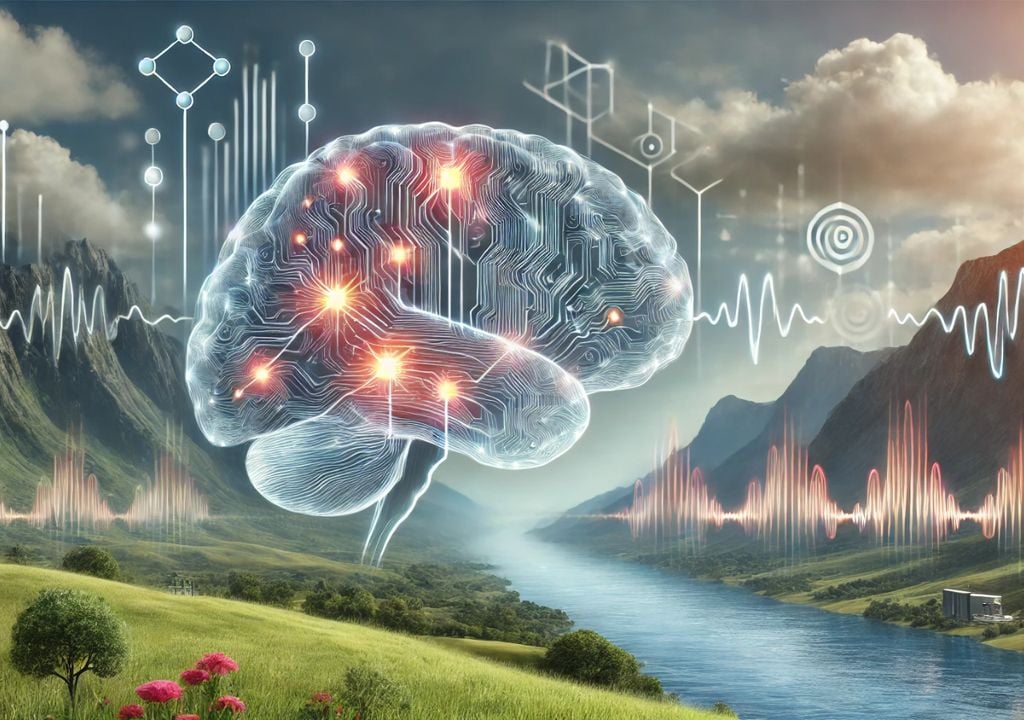People with ‘blind imagination’ also have reduced brain response to sound, research finds
People with ‘blind imagination’ also have reduced brain response to sound, research finds

For most people, imagining a scene or memory is second nature. Whether it’s picturing a familiar face or visualising a favourite holiday spot, the ability to form images in our minds is second nature.
But for people with a condition known as aphantasia – often called “blind imagination” – this simply isn’t possible. They can’t create mental images, no matter how hard they try.
Now, new research from the University of Glasgow suggests that aphantasia might not just affect visual imagination - it could change how the brain responds to sounds, too.
The study found that people with aphantasia have lower activity in their brain’s visual cortex when they hear sounds. Normally, the visual cortex – the part of the brain that processes images – also responds when we imagine things or connect sounds to mental pictures. For example, if you hear birds singing, you might picture a park or forest, linking sounds to imagined visuals. However, the study found that for people with aphantasia, this connection is weaker.
Opening new doors
To test this, researchers blindfolded a group of people with aphantasia and played different sounds to them. Past research has shown that when most people hear sounds, even those who are blind, their visual cortex often lights up, as the brain forms links between sounds and mental images.
However, in the aphantasic group, there was much less activity in the visual cortex. This suggests that their brains may not make these sound-to-image connections in the same way as people who can picture things in their “mind’s eye".
“For me, picturing something in my mind’s eye is natural. But for those with aphantasia, this concept of visualising a scene is entirely different,” said the study's lead researcher, Professor Lars Muckli from Glasgow’s School of Psychology and Neuroscience.
“Our study shows that reduced visual feedback to sounds might be linked to why people with aphantasia can’t form mental images.”
Since the research offers fresh insight into how some people’s brains function without the ability to picture things mentally, the team believe that their work could help open new doors to understanding how the brain processes sensory information.
Reference of the news: University of Glasgow. “People with ‘blind imagination’ also have reduced brain activity in response to sounds.” Current Biology.








